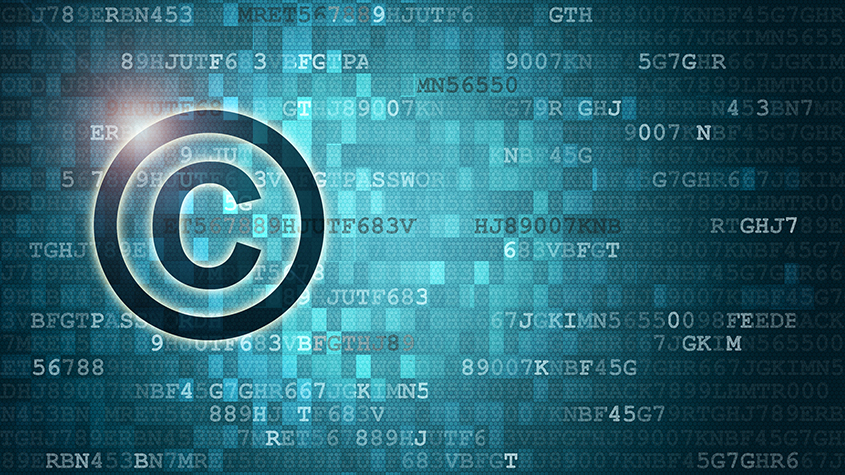You’ve put in a lot of time and effort into your own song. How do you prevent people from using and benefiting from your music without your permission? Here’s everything you need to know to be safe.

Any prospective musician should be familiar with the fundamentals of music copyright law. Musicians who work hard at their craft risk losing credit to music thieves if they do not understand how to defend themselves and their works.
Table of Contents
Here are eight fundamental truths concerning copyright law that every artist should be aware of:
- Copyright protection is in place at the time of creation.
Copyright protection starts the minute you produce your song. According to the US Copyright Office, creation happens when music and/or lyrics are recorded, put to paper, or otherwise “fixed in a physical form.”
- In order to safeguard a copyright, the owner must register it.
While you establish the copyright, you will need to go to court to enforce your rights. Creators must have a copyright registered with the US Copyright Office in order to sue and seek damages.
- A copyright grants the owner a variety of rights.
The following are some of the rights created by copyright ownership:
To duplicate the work
to modify or rearrange the work
to carry out the task
displaying, distributing, and/or selling copies of the work
Incorporating visual imagery into the job
To provide people permission to conduct any of the things mentioned above
- It provides protection for more than a lifetime.
In general, copyright continues for 70 years after the author’s death for published works established after January 1, 1978. If there are many authors, the copyright normally lasts for 70 years after the death of the last surviving author.
When musicians produce material for corporations or limited liability companies, it is called “work for hire,” and the corporations or limited liability companies control the copyright for 95 years from the date of first publication or 120 years from the date of creation, whichever comes first.
- A sound recording is distinct from a composition in terms of copyright.
Sound recordings are usually protected separately from musical compositions since they are not considered the same work under copyright law.
Copyright may be granted to both published and unpublished musical compositions.
Work does not have to be published somewhere in order to be copyrighted; even unpublished works are protected by copyright.
- There are additional limitations for persons who wish to play cover versions of copyrighted tunes.
Those who wish to perform a cover version of a copyrighted song must pay a specified fee to the copyright owner in order to get “mechanical rights” to utilise the music. The current tariffs are determined by the US Copyright Office, but you may alternatively go via the Harry Fox Agency, a private, non-profit company that streamlines the licence transaction.
- “Poor Man’s Copyright” is ineffective as a form of copyright protection.
You may have heard that for copyright law reasons, you may prove the date of production by sending yourself a copy of the work and preserving it in a sealed envelope; this is commonly referred to as “Poor Man’s Copyright.”
In practise, this evidence is unlikely to be valuable in a future copyright dispute. For total protection, the best advise is to go through the copyright registration procedure.
